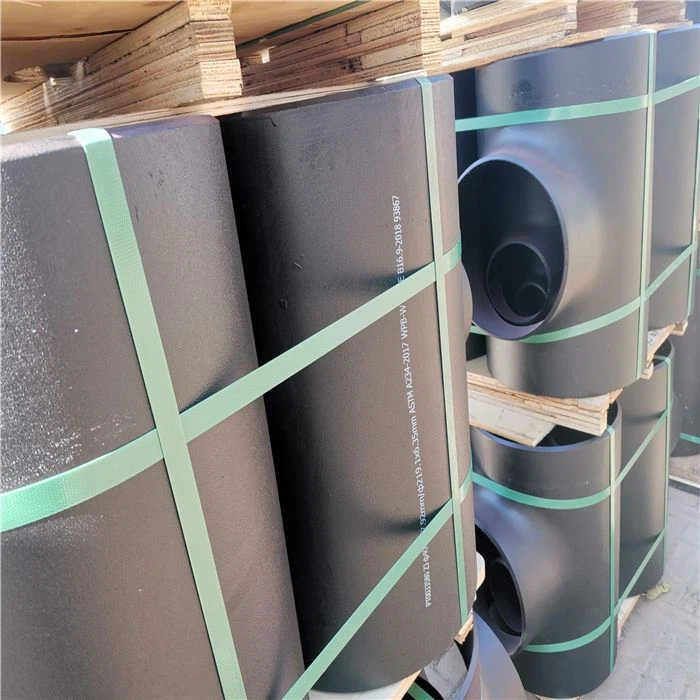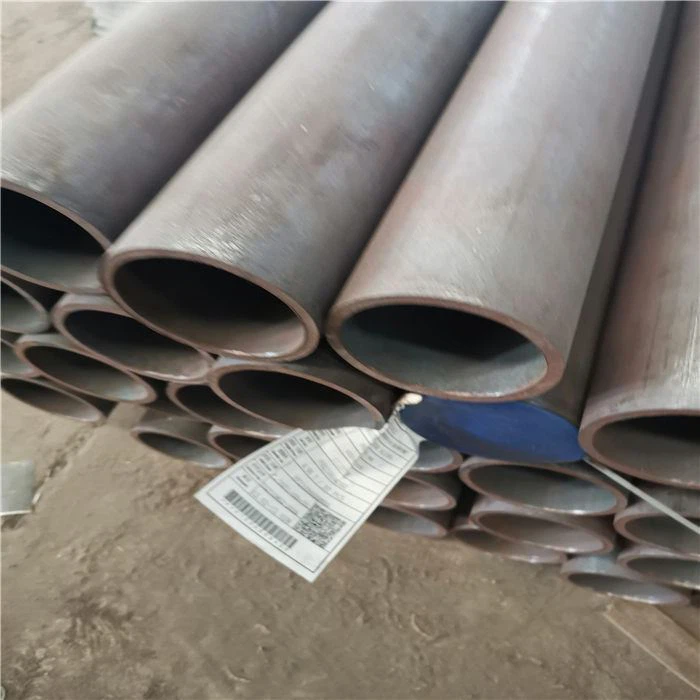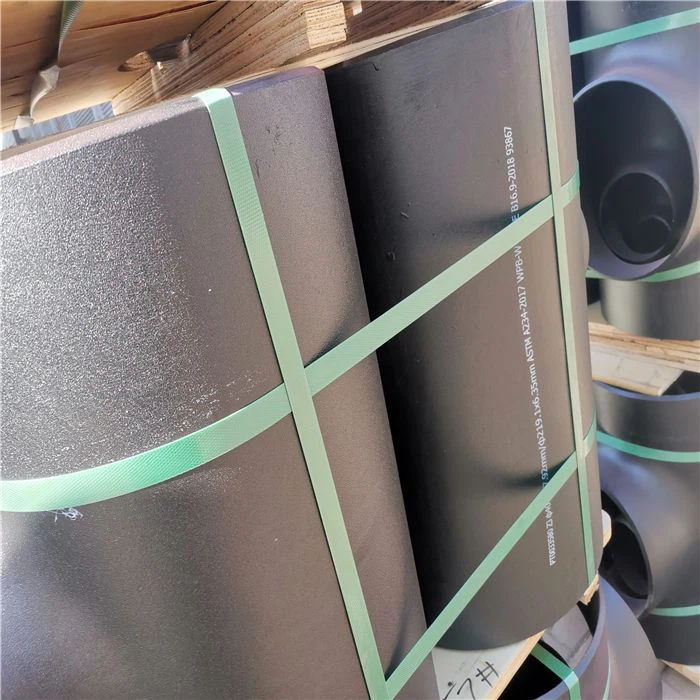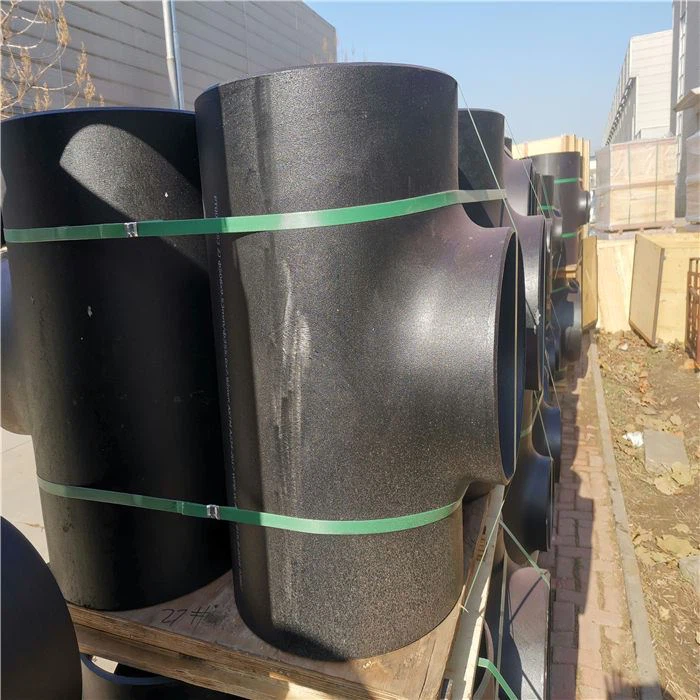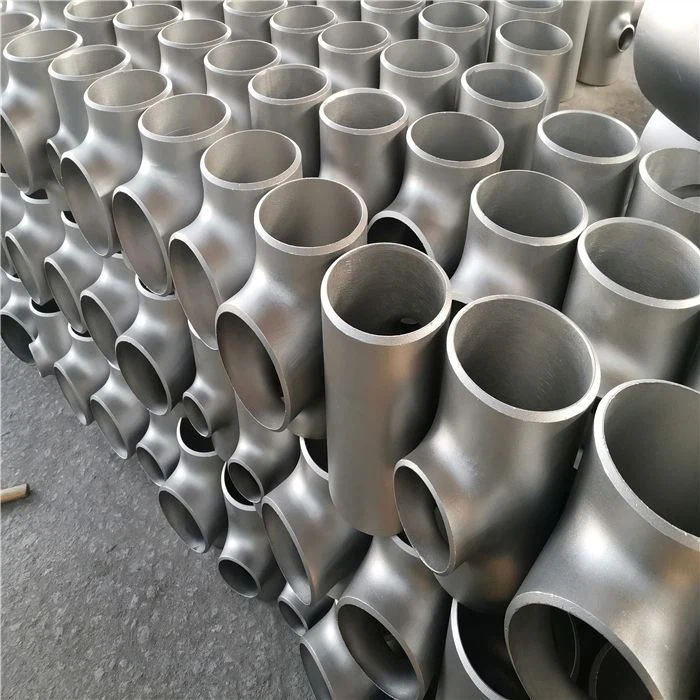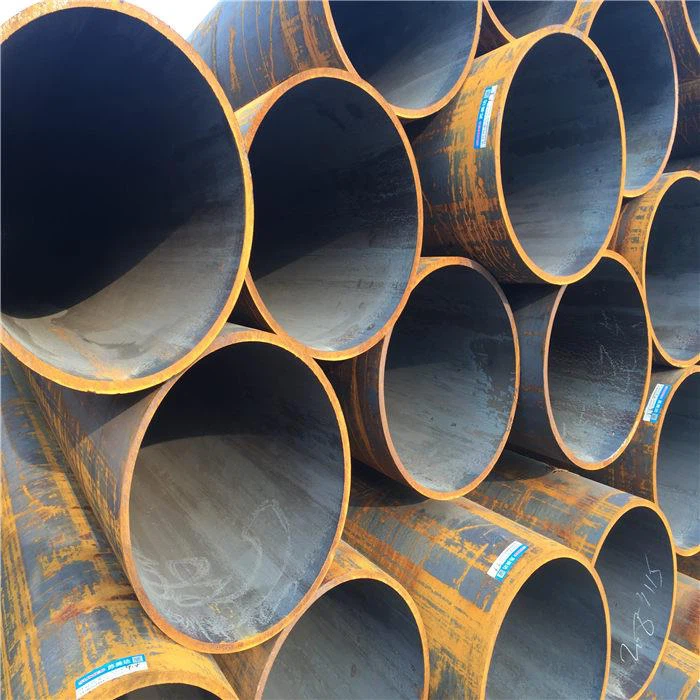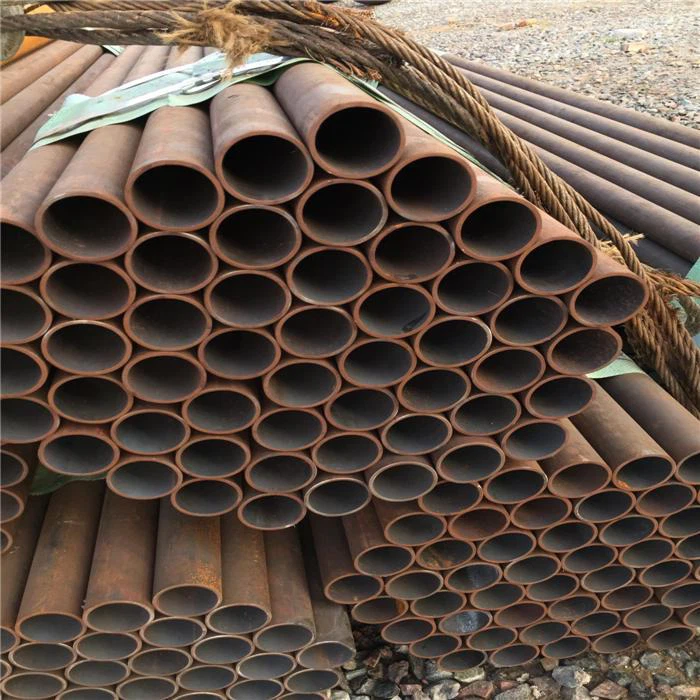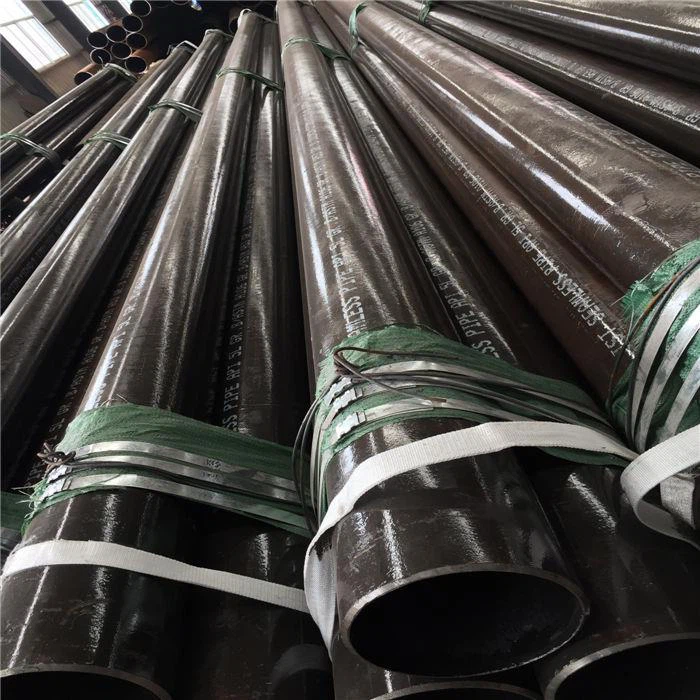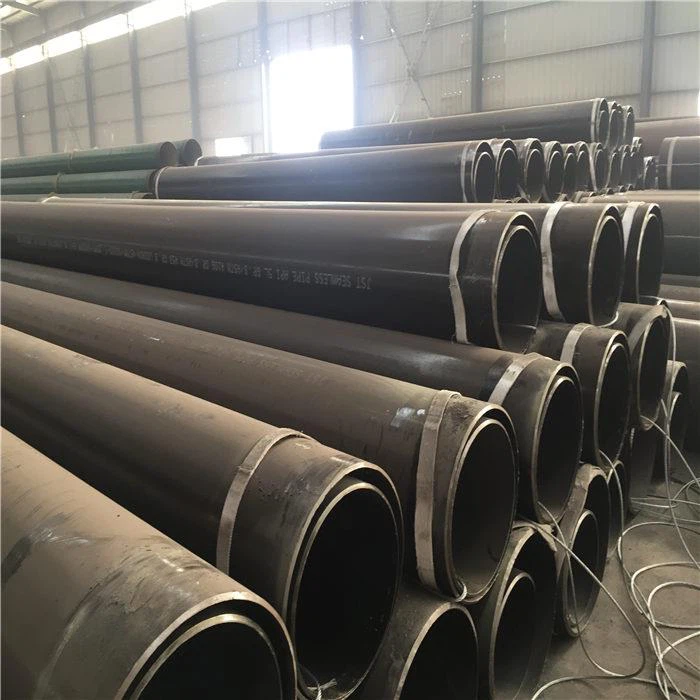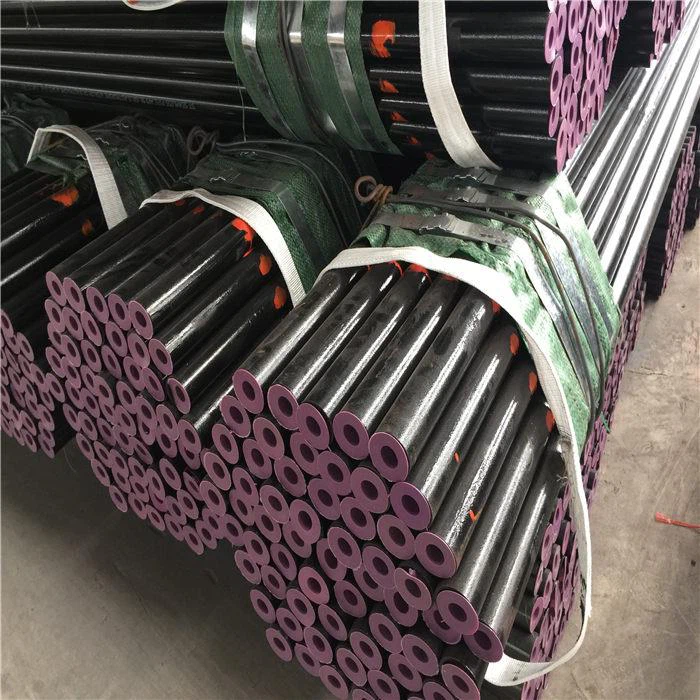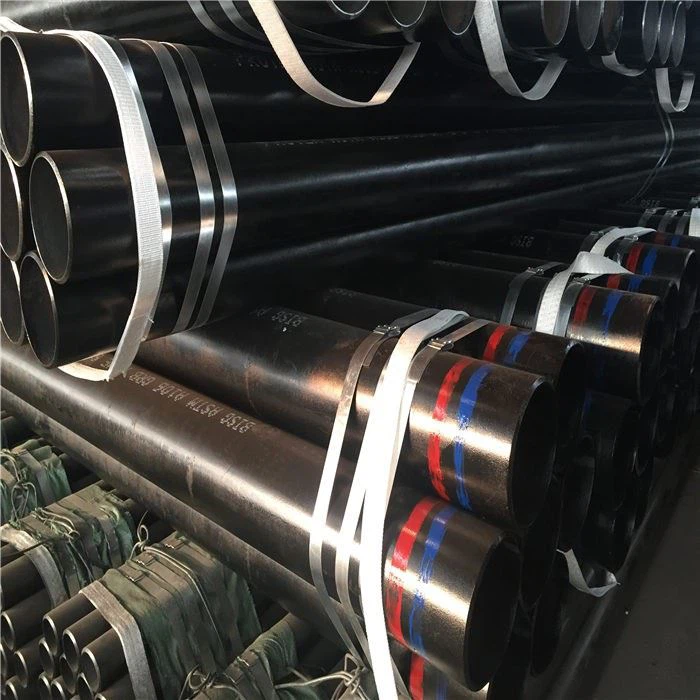Common Defects And Countermeasures Of Heat Treatment
Common defects and countermeasures of heat treatment
Hardness disqualification
Unqualified hardness is one of the most common defects of heat treatment. It is mainly caused by insufficient hardness, insufficient quenching cooling speed, surface decarbonization, insufficient hardenability of steel, excessive residual austenite after quenching, insufficient tempering and other factors. The phenomenon of low hardness of hardened workpiece in local area is called soft spot. In the soft spot area, martensite and torstenite mixed structure distributed along the original austenite grain boundary are mainly observed. Soft spots or uneven hardness are usually caused by uneven quenching heating or uneven quenching cooling. The main reason for the uneven heating is the lack of heating temperature or holding time. The uneven cooling is mainly caused by the bubbles attached to the surface of the workpiece, the pollution of the quenching medium (such as oil suspension beads in water) or the insufficient agitation of the quenching medium. In addition, the steel structure is too coarse, there is serious segregation, large carbides or large free ferrite will also cause the formation of uneven quenching soft spot.
The purpose of quenching heating is to complete the microstructure transformation of the workpiece during quenching. For this purpose, it must be heated to a suitable temperature and held for a sufficient time. Due to low heating temperature and insufficient holding time, the original pearlite structure could not be completely transformed into austenite and the transformed austenite composition was not uniform, and the complete martensite structure could not be obtained after quenching, resulting in the formation of soft spots after quenching.
High frequency hardening and carburizing workpiece soft point and hardness is insufficient
The soft points of high-frequency quenching workpiece include the residual soft points which are not hardened locally on the surface and the deep soft points with uneven depth of hardening layer. These hardness defects are caused by improper material selection, poor original microstructure, electrical parameters of high-frequency quenching heating, improper sensors and cooling devices, etc. High frequency quenching is much used in medium carbon structural steel and low carbon alloy structural steel, due to the fast heating, high frequency quenching heating is too late to the carbon in the austenite not sufficiently by diffusion homogenization, therefore, containing Cr, Mo, W, V carbide forming elements, such as steel, due to the transformation temperature is higher, high frequency induction heating quenching, easy to have a soft point and uneven hardness, When selecting steel for high frequency quenching, the above elements should not exceed a certain content.
The type, shape, size and distribution of carbides in steel have a significant effect on the quality of high-frequency quenching workpiece. When there are reticulated carbides in steel and the size of carbides is too large and the distribution is not uniform, it is easy to produce uneven hardness and insufficient hardness. Therefore, high frequency quenching is greatly affected by pre-heat treatment, and the best original structure of high frequency quenching is tempered sorbitite treated by tempering and tempering. When the high-frequency induction coil is not uniform, it will also lead to insufficient quenching hardness, improper injection Angle, unreasonable size and number of injection holes or blocked injection holes, often resulting in insufficient hardness of high-frequency quenching workpiece or the formation of soft points.
The hardness of carburizing workpiece is insufficient and soft point is caused by insufficient carburizing, decarburization during quenching, quenching temperature is too low, quenching cooling speed is insufficient, surface residual Austenite volume is too much, excessive tempering, workpiece surface is not clean, carburizing uneven or uneven cooling.
